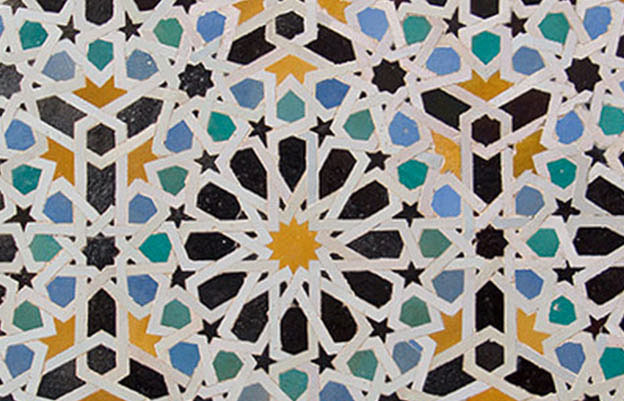Migration and transnationalism
Relations between the Netherlands and Morocco are dominated by a migration history spanning half a century. This manifests itself in various domains such as education, social security, health care, family relationships and justice. In recent years the migration has changed: Morocco has taken over the position held by Turkey as the most important country of origin of non-EU migrants in Europe. In addition, an increasing number of migrants from Morocco have been through higher education, and this number is expected to increase.
Morocco is an immigration destination for people from Sub-Saharan Africa and is an emergent member of the global education and migration circuit. Increasing numbers of Chinese entrepreneurs are migrating temporarily or permanently to Morocco. Young Dutch citizens with Moroccan roots often express the desire to ‘return’ to Morocco, although few actually make the move.
NIMAR contributes to the wealth of expertise in the Netherlands in the area of migration that is held by historians, geographers and social scientists. Partly due to oral history, there is a need to further document the history of migration and workers’ movements. This can be done in collaboration with specialists from Leiden University and the International Institute for Social History in Amsterdam. The effects in the regions of origin, in particular the Rif and Sous, and the many forms of transnational links, including transfers from the Netherlands, the question of ‘dual nationality’ and Moroccan governmental policy on ‘Moroccan citizens living abroad’, are important topics, as are the transformations in family structures and family law.


